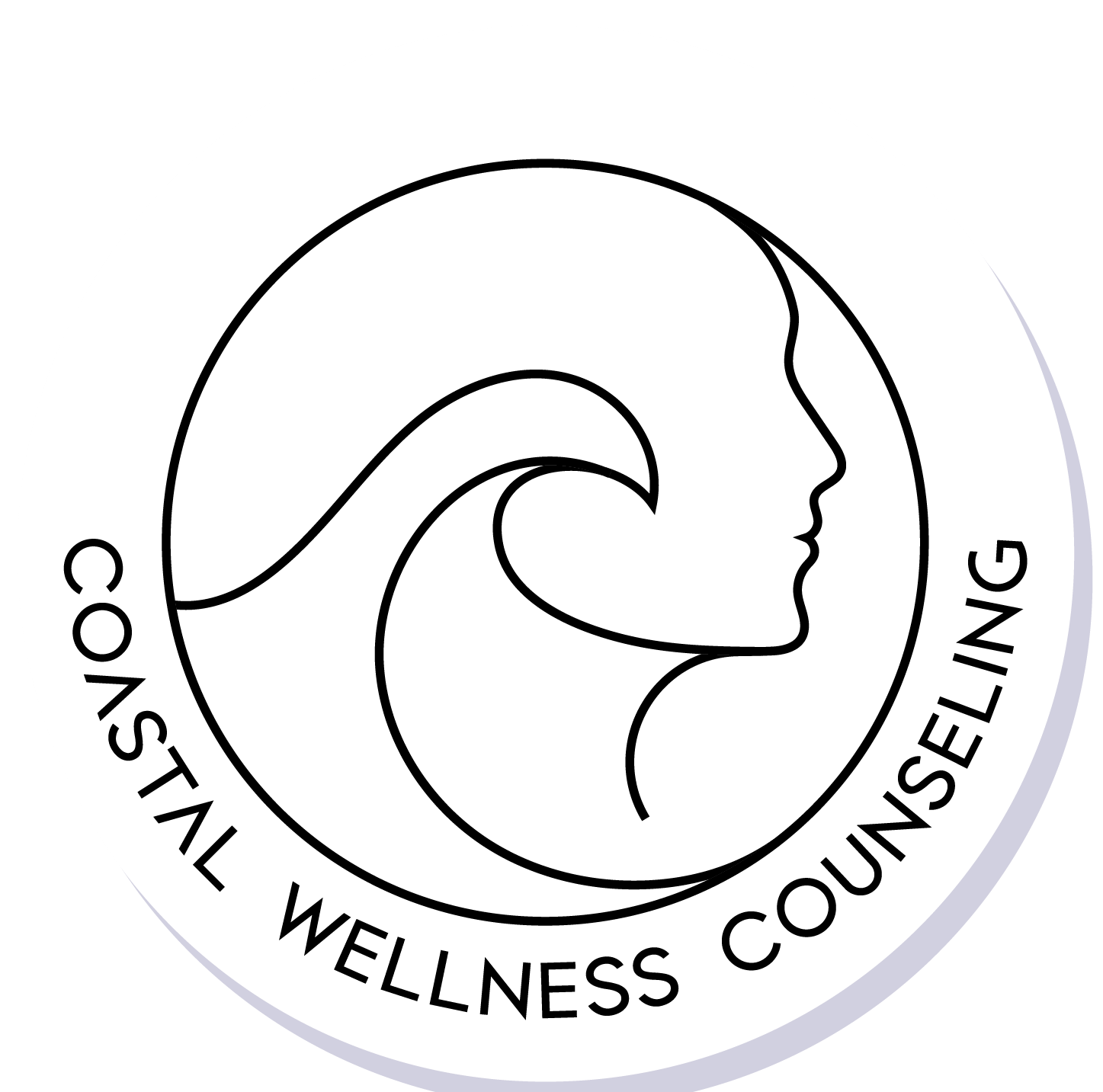
Trauma
-
Stress Management Therapy
Chronic or acute stress can interfere with work, relationships, and overall well-being. Our stress therapy equips clients with practical coping strategies, mindfulness techniques, and emotional support to navigate life transitions, unexpected changes, and ongoing pressures effectively. Virtual sessions offer convenience and flexibility for busy schedules.
-
PTSD Therapy
Experiencing trauma can have lasting effects on daily life. Our licensed therapists specialize in PTSD treatment, using trauma-informed care to help clients process traumatic experiences, reduce symptoms, and reclaim a sense of safety. Through individualized therapy, we provide tools to manage flashbacks, hypervigilance, and emotional distress, fostering long-term healing.
-
Generational Trauma & Attachment
Family patterns, attachment styles, and intergenerational influences can shape how we relate to ourselves and others. Our attachment-focused therapy helps clients break unhealthy cycles, understand emotional dynamics, and develop healthier relationships. By addressing the roots of generational trauma, we support deep, lasting personal growth

Find virtual mental health treatment today.
What is Trauma?
Trauma is a strong emotional reaction to a perceived threat. This could include a terrible event, such as an accident, assault, or natural disaster. Learn more
Signs and Symptoms of Trauma
Everyone reacts differently to scary life events, but some initial signs of trauma include shock and denial. Later reactions include emotional dysregulation, physical symptoms, flashbacks, avoidance, and disruption in relationships.
Causes of PTSD
Many types of events can trigger a trauma response, and even PTSD. These include accidents, natural disasters, racism, bullying, assault, abuse, neglect, loss, health problems, experiencing violence, fearing for safety, witnessing trauma for others, and more.
How We Treat Trauma
We take a slow, person-focused approach. It is up to the patient what they feel comfortable talking about, and when. We will never push you to discuss something you are not ready to.
Typical Outcomes
Trauma is personal, and there is no “one size fits all” model when it comes to treating the most challenging parts of life. Outcomes depend on the extent of the trauma, and the patient’s readiness to confront their symptoms.
Trauma Therapy Modalities
Typical modalities used to treat trauma include Cognitive Behavioral Therapy, Biofeedback, Trauma-focused CBT, individual and group therapy, Mindfulness/ Meditation, Exposure Therapy, and more.

